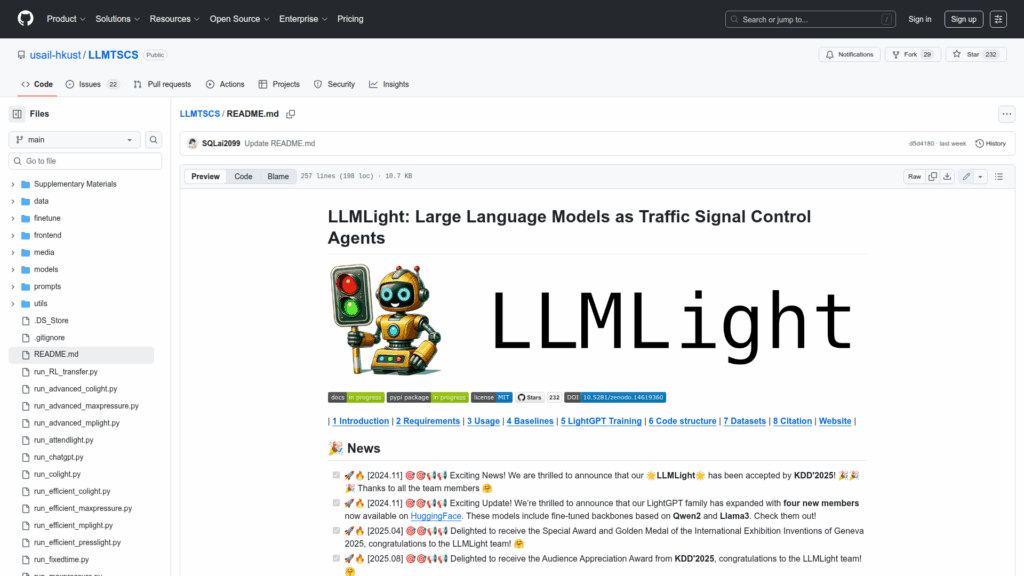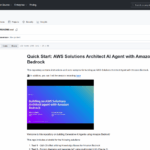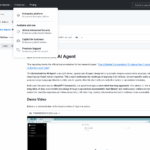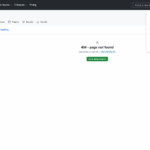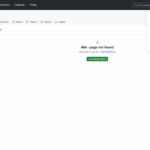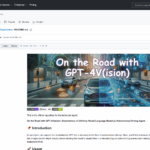LLMTSCS
Basic Information
This repository contains the official code and resources for the LLMLight project, which studies using Large Language Models as decision-making agents for Traffic Signal Control (TSC). It implements the LLMLight framework and the LightGPT backbone model described in the accompanying paper and provides scripts, data, trained models, and experiment configurations to reproduce and extend the research. The code integrates traffic simulation, LLM inference and training, and evaluation against transportation and reinforcement learning baselines across multiple real-world and synthetic road networks. It is organized to support running LLMLight with cloud-hosted chat models, open-source LLMs, or the LightGPT fine-tuned models and includes dependencies and environment notes required to run experiments.

